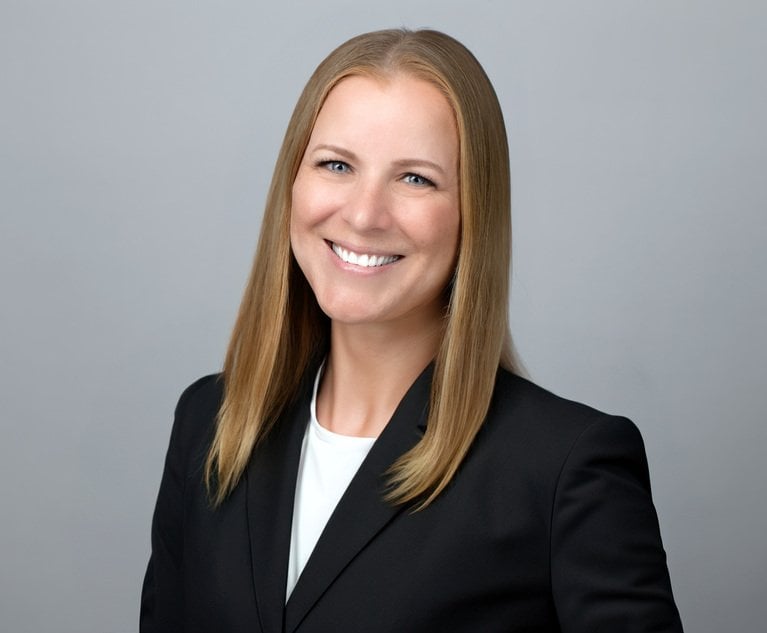When Basha Rubin and Mirra Levitt first decided they’d start actively fundraising from venture capitalists for Priori Legal, they weren’t anticipating an easy road ahead. They both knew that legal technology companies don’t usually fare well with the Bay Area tech venture capitalism community and that women-led businesses especially struggle with gender discrimination in fundraising.
They also didn’t anticipate that they would both get pregnant right in the middle of their fundraising round. Somehow though, they made it work.


 Priori Legal co-founders Mirra Levitt (left) and Basha Rubin
Priori Legal co-founders Mirra Levitt (left) and Basha Rubin





